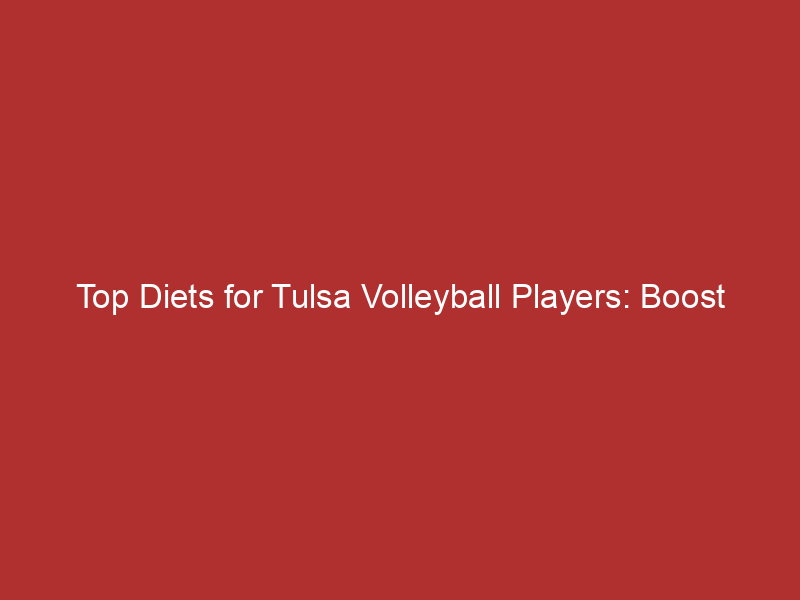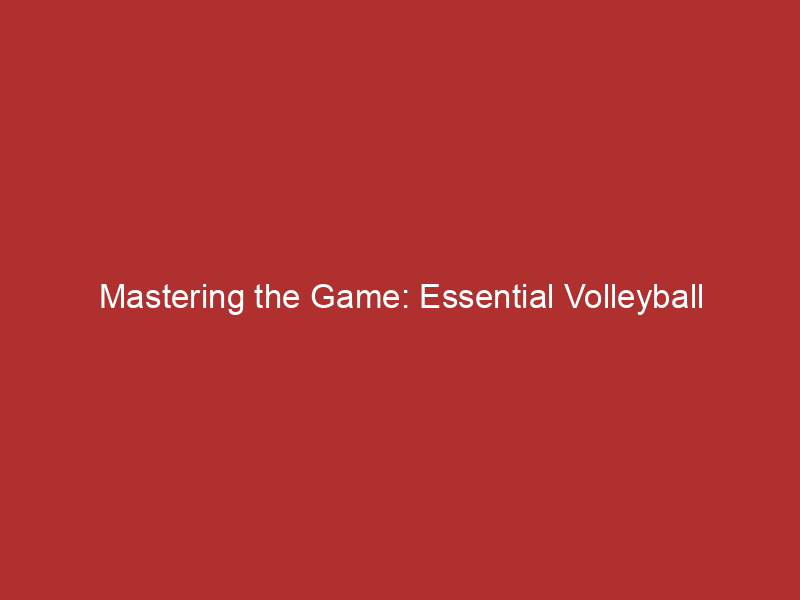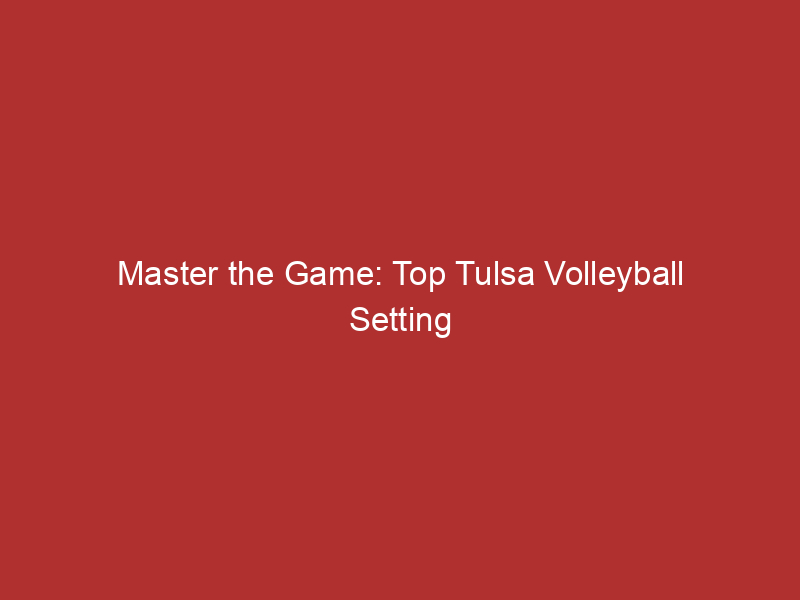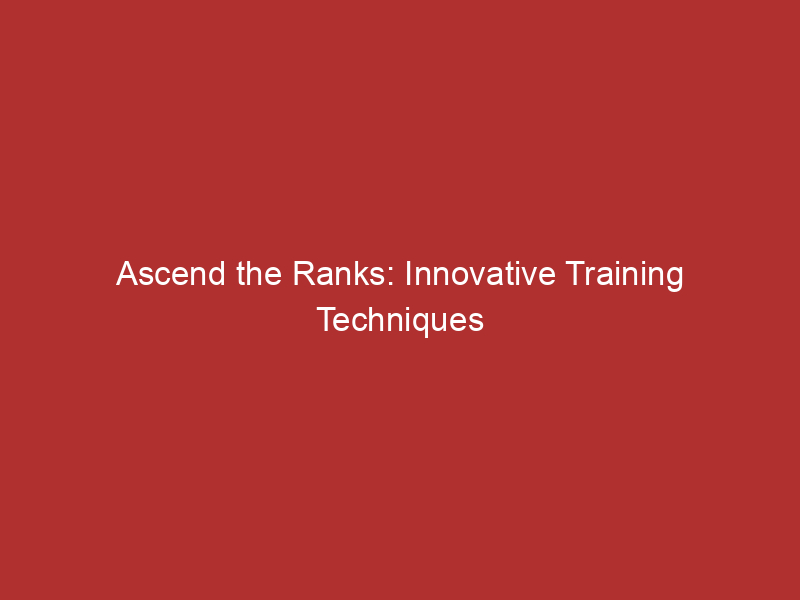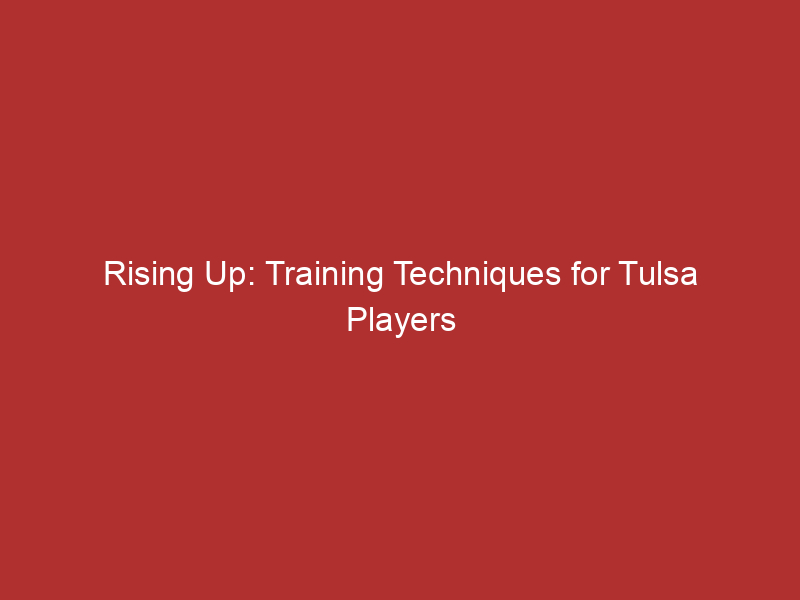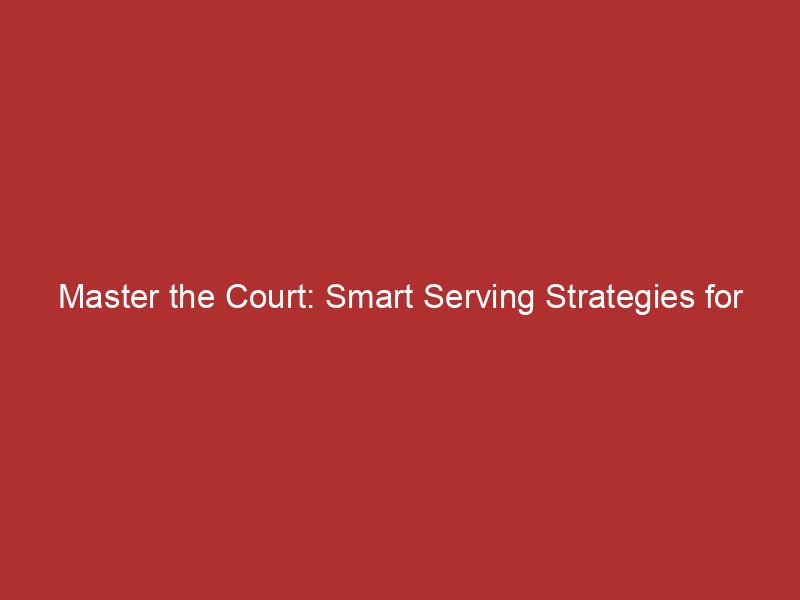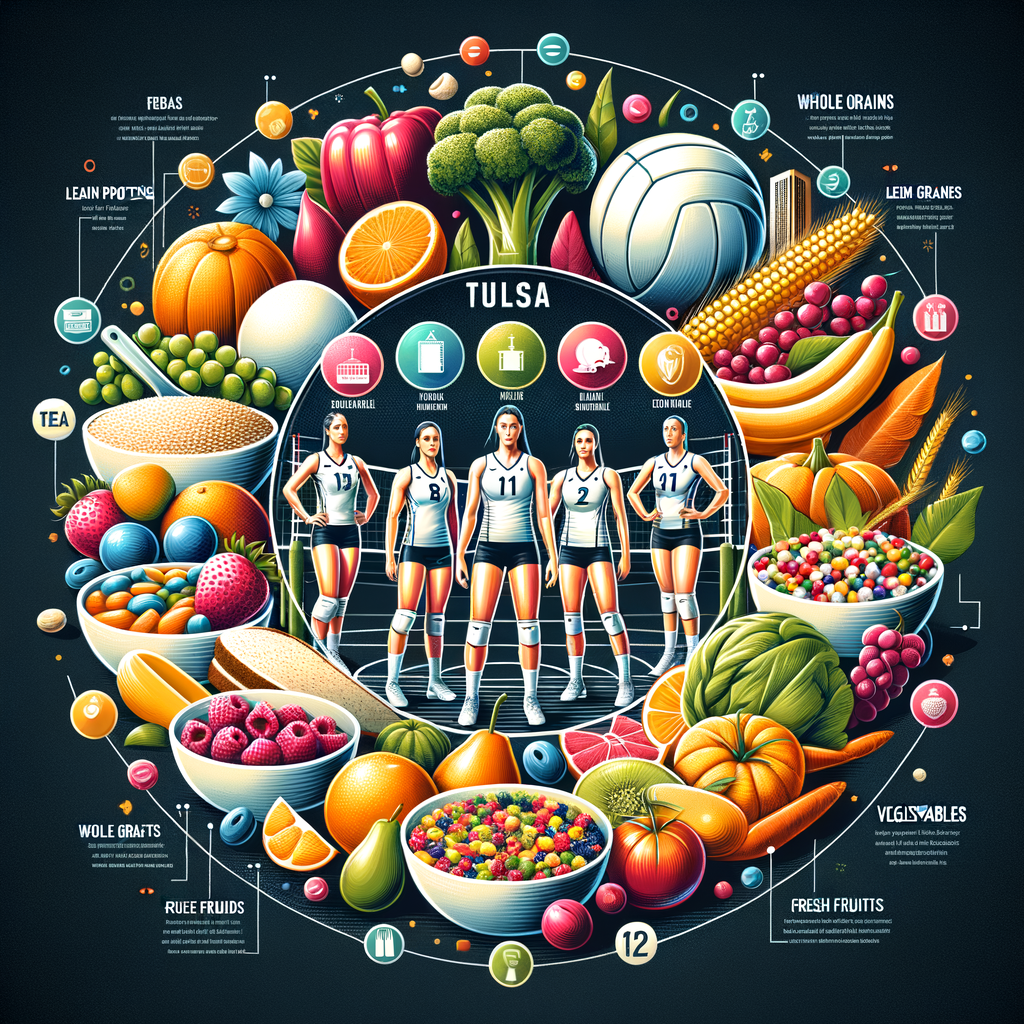
Introduction: Importance of Nutrition for Volleyball Players
When it comes to playing volleyball, there’s a lot more to consider than just practicing your serves and spikes. One of the most important, yet often overlooked aspects of preparing for the game is nutrition. Proper nutrition is the fuel that keeps athletes going, and it’s especially important for volleyball players who need to maintain high energy levels and quick reflexes throughout long matches. In this article, we will explore the role of nutrition in athletic performance and discuss the specific nutritional needs of volleyball players.
- The Role of Nutrition in Athletic Performance
- Specific Nutritional Needs of Volleyball Players
Nutrition plays a crucial role in athletic performance. The food we eat provides the energy needed to perform at our best. Carbohydrates, proteins, and fats are the primary sources of energy for athletes. Carbohydrates are the body’s preferred source of energy, especially during high-intensity activities like volleyball. Proteins are essential for muscle growth and repair, while fats provide a long-lasting energy source. According to a study by the American College of Sports Medicine, athletes should get about 60% of their calories from carbohydrates, 15-20% from protein, and 20-25% from fats.
Volleyball players have specific nutritional needs due to the nature of the sport. The game requires quick bursts of energy, which means players need a diet high in carbohydrates to fuel their muscles. Protein is also important for muscle recovery and growth. Additionally, staying hydrated is crucial as volleyball players can lose a lot of fluids through sweat during intense games. The International Olympic Committee recommends that athletes drink about 1.5 liters of water per day, in addition to any fluids lost during exercise.
In the following sections, we will delve deeper into the ideal diet plan for volleyball players, how to plan meals effectively, and how to tailor your diet to your individual needs. So, stay tuned to learn more about how you can boost your game with the right nutrition.
Volleyball Diet Plan Tulsa: A Comprehensive Guide
In the world of sports, nutrition plays a pivotal role in an athlete’s performance. Volleyball, a high-intensity sport, is no exception. This guide will help you understand the basics of a volleyball player’s diet in Tulsa and how it can significantly impact your game.
Understanding the Basics of a Volleyball Player Diet in Tulsa
When it comes to a volleyball player’s diet, two key factors should be considered: the importance of a balanced diet and the recommended macronutrient distribution.
- Importance of a Balanced Diet
- Recommended Macronutrient Distribution
A balanced diet is crucial for volleyball players. It provides the energy needed for intense training sessions and matches. Additionally, it aids in recovery, muscle growth, and overall health. A balanced diet includes a variety of foods from all food groups: fruits, vegetables, grains, proteins, and dairy. It’s not just about eating the right foods, but also consuming them in the right proportions.
Macronutrients are the nutrients your body needs in large amounts: carbohydrates, proteins, and fats. Each plays a unique role in your body and provides a certain amount of calories.
For volleyball players, the recommended macronutrient distribution is:
| Macronutrient | Percentage of Total Calories |
|---|---|
| Carbohydrates | 45-65% |
| Proteins | 10-35% |
| Fats | 20-35% |
Carbohydrates are the body’s main source of energy, proteins are essential for muscle repair and growth, and fats are a concentrated source of energy.
Understanding these basics can help you create a diet plan that meets your nutritional needs and supports your volleyball performance. Remember, every athlete is unique, and what works for one may not work for another. It’s always best to consult with a registered dietitian or nutritionist to create a personalized diet plan.
Best Food for Volleyball Athletes in Tulsa
As a volleyball player, your diet plays a crucial role in your performance. It’s important to fuel your body with the right nutrients to ensure you’re at your best during every game. Let’s take a look at the best food options for volleyball athletes in Tulsa.
- Protein-rich foods
- Carbohydrate sources
- Fats for energy
Protein is essential for muscle repair and growth. It’s particularly important for volleyball players, who rely on their muscles for powerful spikes and quick movements on the court. Foods high in protein include lean meats like chicken and turkey, fish, eggs, and plant-based sources like beans and lentils. Incorporating these into your meals can help ensure your muscles are in top shape for your next game.
Carbohydrates are your body’s main source of energy. They’re broken down into glucose, which fuels your muscles during intense physical activity. Whole grains, fruits, and vegetables are excellent sources of carbohydrates. They not only provide energy but also deliver essential vitamins and minerals. Remember, it’s important to choose complex carbohydrates over simple sugars for sustained energy levels.
Fats are often misunderstood, but they’re actually a crucial part of an athlete’s diet. They provide long-lasting energy, which is particularly important during long volleyball matches. Healthy fats can be found in foods like avocados, nuts, seeds, and olive oil. However, it’s important to consume fats in moderation as they are high in calories.
Remember, everyone’s nutritional needs are different. It’s important to listen to your body and adjust your diet accordingly. A balanced diet that includes a mix of protein, carbohydrates, and healthy fats can help you perform at your best on the volleyball court.
Tulsa Volleyball Nutrition Guide: Meal Planning
Proper nutrition is a crucial part of any athlete’s performance, and volleyball players are no exception. A well-planned meal can provide the energy needed for intense training sessions and competitive matches. Here, we provide a sample daily menu for volleyball players in Tulsa.
Volleyball Player Meal Plan Tulsa: Sample Daily Menu
- Breakfast options
- Lunch and dinner ideas
- Healthy snacks
Start your day with a balanced breakfast. This could include a bowl of whole-grain cereal with low-fat milk and a piece of fruit. Alternatively, you could have a slice of whole-grain toast with peanut butter and a banana. Both options provide a good mix of carbohydrates and protein to fuel your morning activities.
For lunch, consider a turkey or chicken sandwich on whole-grain bread, accompanied by a side salad and a piece of fruit. Dinner could consist of grilled chicken or fish, a serving of brown rice or quinoa, and a variety of colorful vegetables. These meals are rich in lean protein and complex carbohydrates, which are essential for muscle recovery and energy replenishment.
Snacks are important for keeping your energy levels stable throughout the day. Opt for healthy options like a handful of nuts, a piece of fruit, or a yogurt. These snacks provide a quick source of energy and are easy to carry around during your busy day.
Remember, this is just a sample menu. Everyone’s nutritional needs are different, so it’s important to tailor your diet to your individual needs and preferences. Consult with a nutritionist or dietitian for personalized advice.
Healthy Diet for Tulsa Volleyball Players: Hydration and Supplements
As a volleyball player, maintaining a healthy diet is crucial. This includes not only the food you eat but also the fluids you drink and the supplements you take. Let’s delve deeper into the importance of hydration and the role of supplements in a volleyball player’s diet.
- Importance of Hydration
- Useful Supplements for Volleyball Players
- Protein: Protein is essential for muscle repair and growth. A protein supplement can be useful for players who struggle to meet their protein needs through diet alone.
- Omega-3 Fatty Acids: These fats are known for their anti-inflammatory properties and can help with recovery.
- Vitamin D: This vitamin is important for bone health and immune function. Many people, including athletes, are deficient in vitamin D.
Hydration is a key component of a healthy diet, especially for athletes like volleyball players. Water makes up about 60% of our body weight and is involved in various bodily functions such as regulating body temperature and transporting nutrients. During a volleyball match, players lose water through sweat. This can lead to dehydration if not adequately replaced, affecting their performance and health. According to the American College of Sports Medicine, athletes should drink at least 16-20 ounces of water four hours before exercise and 8-10 ounces every 15 minutes during exercise to stay properly hydrated.
While a balanced diet should provide all the necessary nutrients, some volleyball players may benefit from certain supplements. These can help to fill nutritional gaps and enhance performance. However, it’s important to consult with a healthcare provider before starting any supplement regimen. Here are a few supplements that can be beneficial:
Remember, a healthy diet is the foundation of good athletic performance. Stay hydrated and consider supplements if necessary. But always consult with a healthcare provider first.
Optimal Diet for Volleyball Players in Tulsa: Tailoring to Individual Needs
Every volleyball player in Tulsa has unique nutritional needs. Understanding and tailoring your diet to these needs can significantly improve your performance on the court. Let’s dive into some specific nutrition tips for training and game days.
Volleyball Nutrition Tips Tulsa: Adjusting Diet for Training and Game Days
Whether it’s a training day or a game day, your dietary choices can make a big difference in your performance. Here are some tips to help you make the most of your pre-game meals and post-game recovery nutrition.
- Pre-game meals
- Post-game recovery nutrition
Before a game, your body needs fuel. A good pre-game meal should be rich in complex carbohydrates, moderate in protein, and low in fat. Foods like whole grain pasta, lean meats, and fruits are excellent choices. Remember to hydrate well and avoid foods that can cause discomfort during the game, such as spicy or overly fatty foods.
After a game, your body needs to replenish its energy stores and repair muscle tissues. Consuming a balanced meal within 30 minutes to an hour after the game can aid in recovery. This meal should include protein for muscle repair, carbohydrates to replenish energy stores, and fluids to rehydrate. Foods like grilled chicken, brown rice, and a piece of fruit can be a great post-game meal.
Remember, these are general guidelines. Each player’s nutritional needs may vary based on their body type, position, and intensity of play. Always listen to your body and adjust your diet accordingly.
Tulsa Volleyball Player Diet Tips: Managing Diet for Injuries and Off-Season
Every volleyball player knows that injuries and off-season periods can be challenging times. It’s crucial to maintain a balanced diet to ensure a speedy recovery and stay in shape. Here are some tips to help you manage your diet during these times.
- Nutrition for injury recovery
- Maintaining a healthy diet during off-season
When you’re injured, your body needs more nutrients to heal. Protein is essential for repairing damaged tissues, while vitamins and minerals support the healing process. Include foods rich in protein like lean meats, fish, eggs, and legumes in your diet. Fruits and vegetables provide necessary vitamins and minerals. Don’t forget to stay hydrated. Water plays a vital role in transporting nutrients to the injured area and removing waste products. Learn more about nutrition for injury recovery here.
The off-season is a time to rest and recover, but it’s also a time when players can easily gain weight. To avoid this, focus on maintaining a balanced diet. Include a variety of foods from all food groups. Limit your intake of processed foods and sugary drinks. Instead, opt for whole grains, lean proteins, fruits, and vegetables. Regular physical activity is also important to keep your metabolism active. Remember, a healthy off-season diet sets the foundation for a successful in-season performance. Find more tips on maintaining a healthy diet here.
In conclusion, managing your diet during injuries and off-season is just as important as your training diet. By following these tips, you can ensure your body gets the nutrients it needs to recover and stay in top shape.
Conclusion: Boost Your Game with the Right Nutrition
As we reach the end of our comprehensive guide, let’s take a moment to revisit the key points we’ve discussed about the importance of nutrition for volleyball players. We’ve learned that the right diet can significantly enhance your performance on the court, and that it’s crucial to tailor your meal plan to your individual needs.
- Recap of the importance of nutrition for volleyball players: A well-balanced diet provides the energy you need to perform at your best. It helps in muscle recovery and growth, maintains optimal body weight, and keeps you hydrated during intense matches. Consuming the right nutrients at the right time can make a significant difference in your performance. For instance, carbohydrates provide the energy you need to keep going, while proteins help repair and build muscles. Vitamins and minerals, on the other hand, are essential for overall health and well-being.
- Encouragement for continuous learning and adaptation: Nutrition is not a one-size-fits-all concept. What works for one player might not work for another. Therefore, it’s important to continuously learn about nutrition and adapt your diet based on your body’s responses, your training intensity, and your performance goals. Remember, the journey to becoming a top-notch volleyball player is a marathon, not a sprint. It requires patience, consistency, and a willingness to adapt and learn.
As you continue on your journey in the world of volleyball, remember that your diet is just as important as your training. Keep learning, keep adapting, and keep striving for greatness. With the right nutrition and the right mindset, you can reach new heights in your volleyball career.

